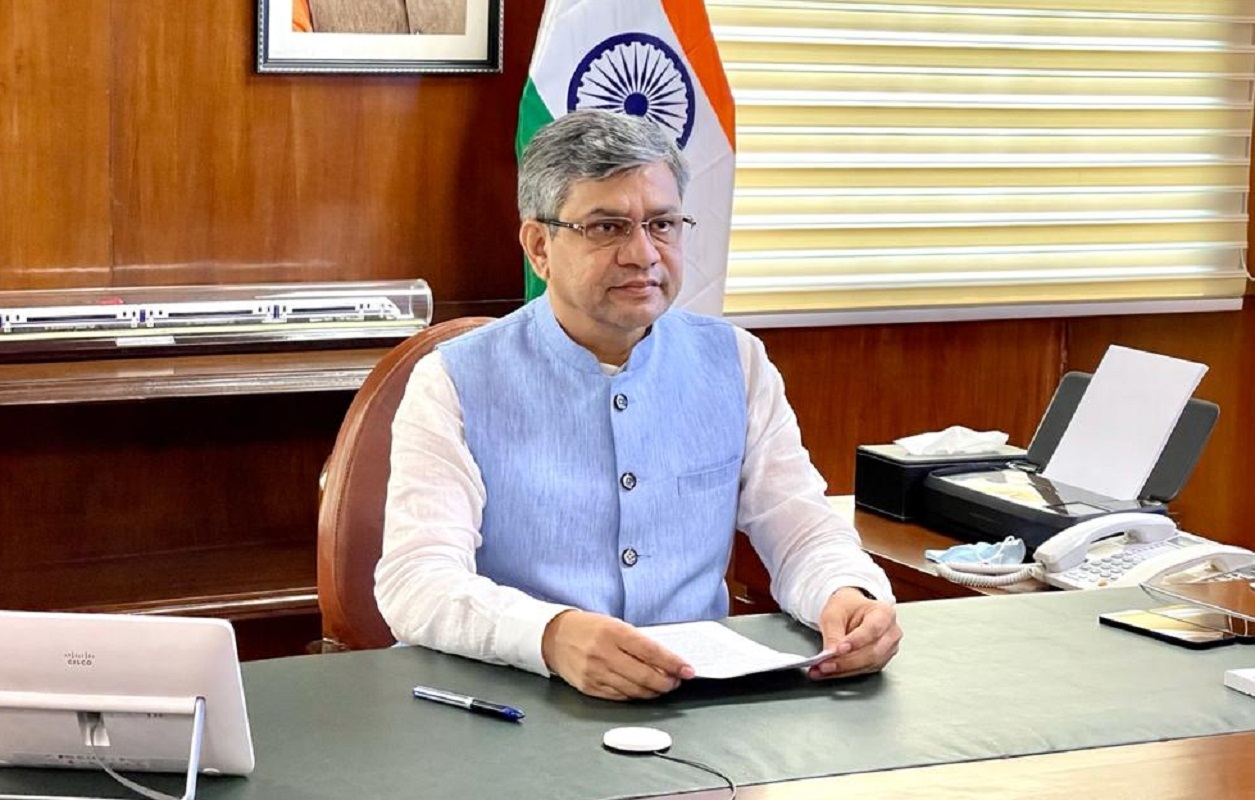India and Japan Sign MoU on Semiconductor Development: Strategic Collaboration

India and Japan Sign MoU on Semiconductor Development: Strategic Collaboration
India and Japan recently signed a crucial memorandum of understanding (MoU) focused on semiconductor development, encompassing various aspects such as design, manufacturing, equipment research, and talent development. The agreement is seen as a significant move towards establishing a robust and self-reliant semiconductor value chain. Union Minister Ashwini Vaishnaw highlighted the MoU’s importance, emphasizing its potential to strengthen India’s semiconductor capabilities and contribute to a more resilient and comprehensive semiconductor ecosystem.
According to Union Minister Ashwini Vaishnaw, the memorandum of understanding (MoU) focuses on five key areas: semiconductor design, manufacturing, equipment research, talent development, and enhancing resilience in the semiconductor supply chain. This agreement represents a significant step towards bolstering India’s semiconductor industry and ensuring a stronger and more self-reliant semiconductor ecosystem in the country.

Union Minister Ashwini Vaishnaw emphasized the importance of agreements like the U.S.-India initiative on Critical and Emerging Technology (iCET) and the one with Japan, as they provide clear direction and support for industries engaging in talks between the respective nations. He stated that the government’s strategy is now evidently focused on supporting industries in India, whether through collaborations with the United States or Japan.
These agreements demonstrate the government’s commitment to promoting technological advancements and fostering strong partnerships with key global players in the technology sector.
Ashwini Vaishnaw also mentioned that discussions were underway to sign a similar agreement with the Japanese company Rapidus, further enhancing the collaboration between India and Japan in the field of semiconductor development. This additional agreement will contribute to strengthening the semiconductor supply chain and fostering technological advancements in both countries.
According to Ashwini Vaishnaw, the semiconductor industry is experiencing rapid growth, with its current value already exceeding $650 million and anticipated to reach $1 billion within the next five to six years. Meeting the escalating demand in this sector necessitates a significant talent pool and substantial growth at multiple locations.
In this context, Japan views India as a dependable partner with complementary strengths, making it an ideal prospect for collaboration. The MoU between the two countries on semiconductor development aims to harness these strengths and foster mutual progress in the semiconductor field.

Ashwini Vaishnaw emphasized the importance of advanced packaging in semiconductor development, stating that the next stage of progress in the industry will involve sophisticated packaging at multiple levels. India’s strength in this domain lies in its design capabilities, boasting over 50 plus semiconductor designs.
This makes India an attractive destination for semiconductor manufacturing, as it can leverage its expertise in design to contribute significantly to the overall semiconductor value chain. The collaboration with Japan and other initiatives, such as the U.S.-India initiative on Critical and Emerging Technology (iCET), are part of the government’s strategy to support and enhance the semiconductor industry in India.
Ashwini Vaishnaw revealed that India is poised to sign agreements with esteemed institutions like Georgia Tech University to further strengthen talent development in advanced packaging. Additionally, India has already signed an agreement with Caldwell University with the specific goal of nurturing skilled professionals for the advanced packaging segment of the semiconductor industry.

These collaborations with renowned educational institutions will play a crucial role in building a highly capable talent pool equipped to drive innovation and growth in the semiconductor sector.
The recent memorandum of understanding (MoU) with Japan is part of a series of significant investments in India’s semiconductor industry. Micron Technology has already committed to establishing a semiconductor unit in India, investing $2.75 billion. Similarly, Applied Materials is planning to set up a collaborative research and development (R&D) center in India, involving an investment of $400 million. These strategic investments and partnerships are a testament to India’s growing prominence in the semiconductor market and its potential to become a key player in the global semiconductor ecosystem.




